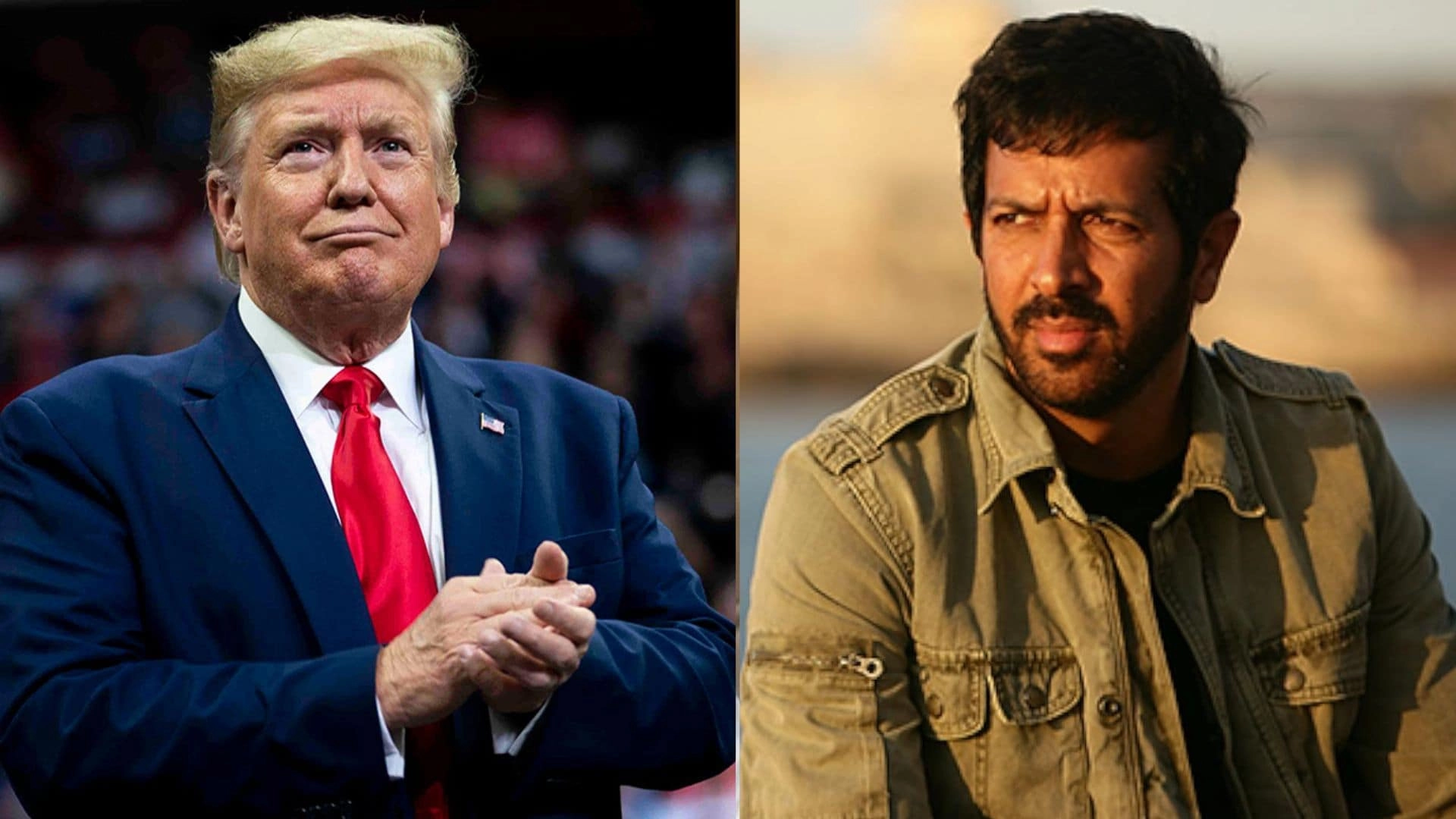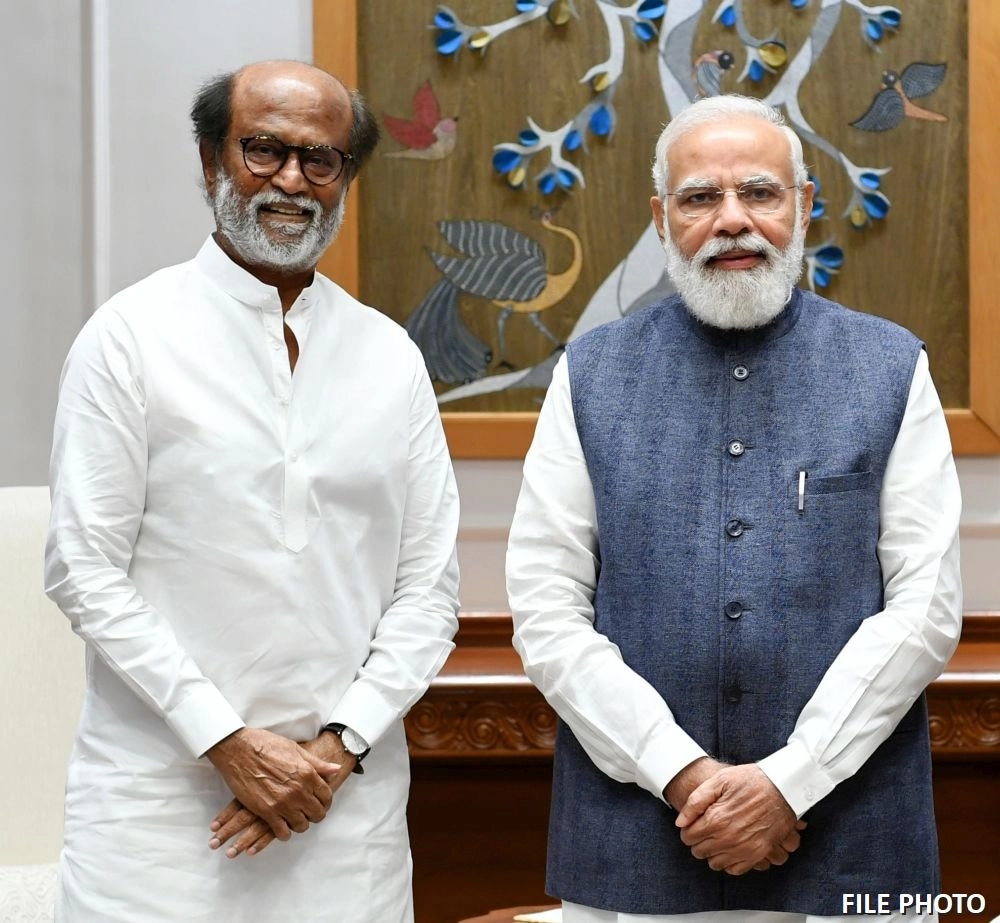Kabir Khan, the renowned Indian filmmaker, recently shared his thoughts on the decision made by former US President Donald Trump to impose a 100% tariff on movies produced outside the United States. This bold move, which aims to protect the American film industry from foreign competition, has sparked considerable debate within the global entertainment community. Khan, known for his successful films that often bridge cultural divides, expressed concern over the implications of such tariffs on the international film industry and the creative collaborations that transcend borders.
Khan emphasized that cinema is a universal language that fosters understanding and connection among diverse cultures. By imposing heavy tariffs on foreign films, the U.S. government risks isolating itself from the rich tapestry of international storytelling. He pointed out that many successful films benefit from cross-border partnerships, which not only enhance the quality of cinema but also contribute to the global economy. The filmmaker argued that instead of erecting barriers, countries should focus on creating an environment that encourages collaboration and mutual respect among filmmakers worldwide.
Moreover, Khan highlighted the potential backlash such tariffs could have on American filmmakers as well. In an increasingly interconnected world, many American films draw inspiration from global narratives and cultures. The imposition of tariffs could disrupt this flow of ideas and creativity, ultimately limiting the scope of storytelling in Hollywood. As the film industry continues to evolve, collaboration between filmmakers from different countries is essential for innovation and growth. Khan’s insights serve as a reminder of the importance of fostering a global community in cinema, where diverse voices can come together to tell stories that resonate with audiences around the world.
In conclusion, Kabir Khan’s reaction to Trump’s tariff announcement underscores the complexities of globalization in the film industry. Rather than viewing foreign films as competition, he advocates for a more inclusive approach that embraces diversity and nurtures creative partnerships. As the dialogue surrounding international trade and cultural exchange continues, it is crucial for filmmakers and industry leaders to advocate for policies that support collaboration rather than division, ensuring that cinema remains a vibrant and inclusive medium for storytelling for generations to come.




